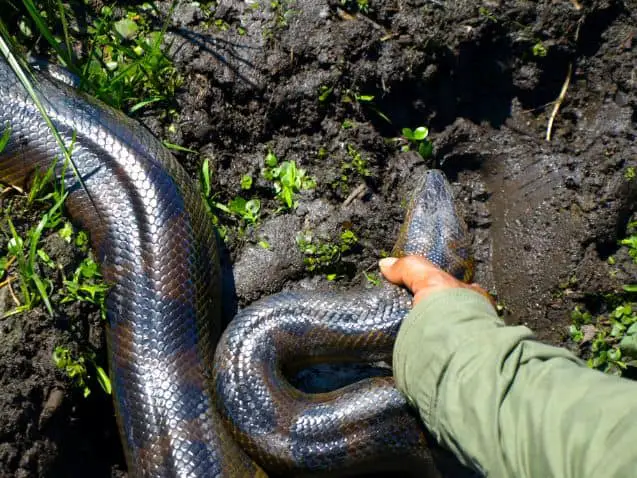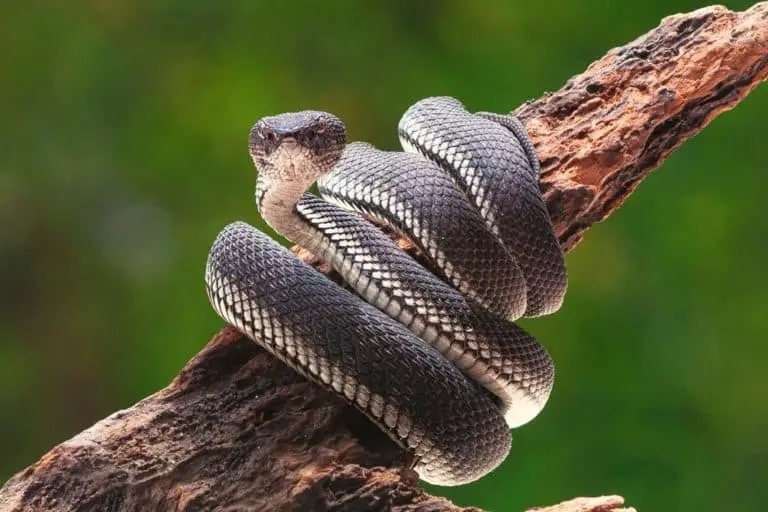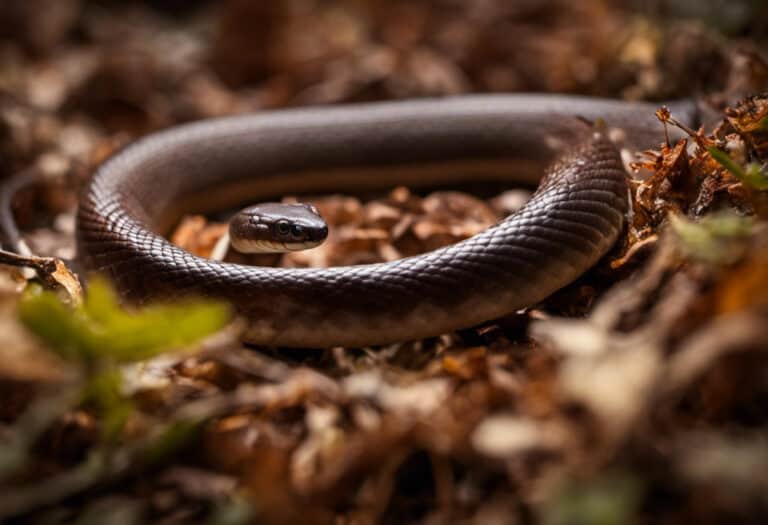Do Snakes Eat Ticks? Here’s What You Need to Know
It’s a common misconception that snakes eat ticks. In fact, snakes don’t usually go after ticks at all. Instead, they prefer to eat other small animals that may be host to ticks, like rodents.
While this might not seem like a direct way of dealing with the tick problem, it helps keep the population down. Snakes are natural predators, and by eating rodents, they help to keep people in check.
This, in turn, reduces the number of rodents available to host ticks. So while snakes may not be interested in eating ticks, they play an essential role in controlling the tick population.
Can Snakes get Ticks?
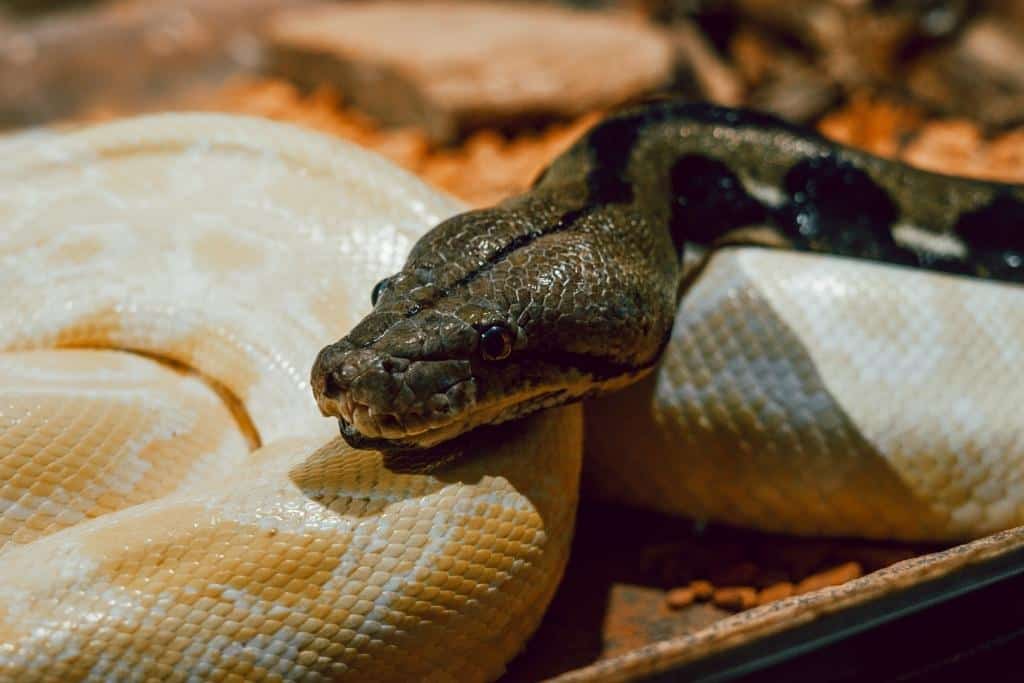
Believe it or not, snakes can get ticks, and it’s not a pleasant experience for them.
Ticks are parasitic creatures that attach themselves to their host’s skin and feed on their blood.
This can cause irritation and even lead to infection. While most ticks favor mammals, they will also latch onto reptiles if they get the chance.
Snakes are particularly vulnerable to ticks because they cannot often groom themselves properly. As a result, a tick can quickly go unnoticed until it’s too late.
If you suspect your snake has a tick, you must take it to the vet as soon as possible. Left untreated, ticks can cause serious health problems for snakes.
How to Prevent Ticks on Snakes
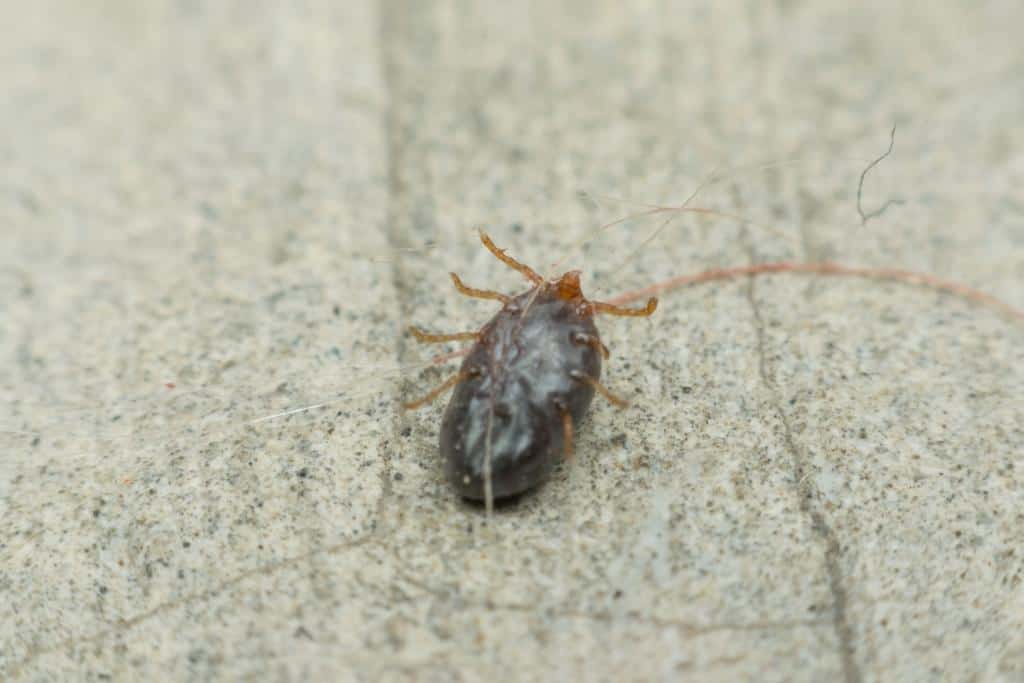
The best way to prevent ticks on snakes is to keep their environment clean and free of potential hosts. This means regularly cleaning their enclosure and removing any rodents that might be present.
Disclaimer: wildanimalscentral.com participates in the Amazon Services LLC Associates Program and Sharesales, affiliate advertising programs that allow third-party sites to earn money by advertising and linking to Amazon.com.
If you live in an area with a high tick population, you may also consider using a tick repellent. Many commercial products are available, or you can make your own using essential oils.
Either way, applying the repellent safely and according to the instructions is essential. By taking these precautions, you can help to keep your snake safe from ticks and other parasites.
How do Snakes get Ticks?
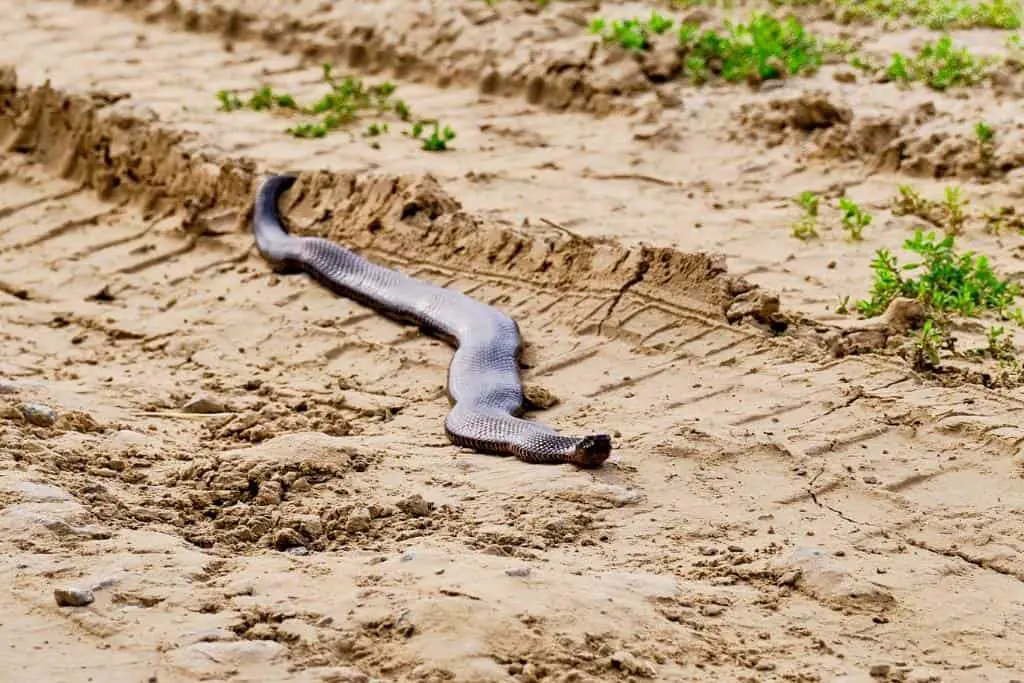
In most cases, ticks will attach themselves to a snake while it is shed its skin. This process, known as molting, leaves the snake’s body vulnerable as its new skin is still soft.
Ticks will take advantage of this opportunity to latch on; once they’re attached, they’ll begin to feed.
Sometimes, a single tick can consume an entire meal’s worth of blood, leading to severe anemia in the snake. To prevent this, snakes often undergo rigorous shedding of their skin multiple times in a single season.
While this helps eliminate any existing ticks, it also puts the snake at risk of dehydrating or overheating. As a result, snakes have to strike a delicate balance to keep themselves free of ticks.
Do ticks feed on Snakes?
Yes, ticks do feed on snakes. In fact, ticks are known to be a parasite of many different kinds of animals, including both mammals and reptiles.
What eats Ticks?
Various animals eat ticks, including many species of birds, ants, spiders, and lizards.
Some of the most common tick-eating animals are opossums, chickens, guinea fowl, and iguanas.
These animals will typically eat any ticks they come across while searching for food. In addition to these natural predators, several products are also available designed to kill ticks on contact.
These products typically contain chemicals that are poisonous to ticks and other insects. However, they are safe for use around humans and animals. As a result, they can be an effective way to control the tick population in your yard or garden.
Do garter Snakes eat Ticks?
Although garter snakes are unlikely to eat ticks on purpose, they may do so incidentally. In fact, garter snakes are known to eat all kinds of small prey, including insects, slugs, and earthworms.
So if a tick happens to be in the vicinity of one of these snake’s meals, it’s not unlikely that the snake will accidentally consume it. While this isn’t exactly a direct answer to your question, hopefully, it gives you some insight into the feeding habits of garter snakes!
Do black Snakes eat Ticks?
No, black snakes do not eat ticks. However, they are important predators of many other types of animals, including rodents, lizards, birds, and eggs.
Snakes play an important role in keeping populations of these animals in check, which can help to prevent the spread of disease.
In Africa, where many species of black snake occur, they are often considered welcome visitors because of their benefits.
Do Rat Snakes eat Ticks?
Rat snakes, like most snakes, are carnivores and do not eat ticks. While they will consume a wide variety of prey items depending on their size and what is available in their environment, ticks are not typically a part of their diet.
The role of snakes in controlling the spread of Lyme disease
A new study by University of Maryland biologists has found that timber rattlesnakes consume a staggering number of black-legged ticks yearly.
By studying the eating habits of these snakes in eastern forests, the researchers found that each snake consumes 2,500 to 4,500 ticks on the mice it eats.
This is an important finding, as black-legged ticks are the primary carriers of Lyme disease.
Lyme disease is a severe condition that can cause many symptoms, including fever, rash, and joint pain.
The fact that timber rattlesnakes are consuming such large numbers of ticks is good news for public health, as it suggests that these snakes may help to control the spread of Lyme disease.
In addition to controlling the spread of Lyme disease, snakes also play an essential role in preventing other diseases.
So, while snakes may not be everyone’s favorite animal, it is clear that they play an essential role in our ecosystem. And, as the saying goes, we should never judge a book by its cover.
